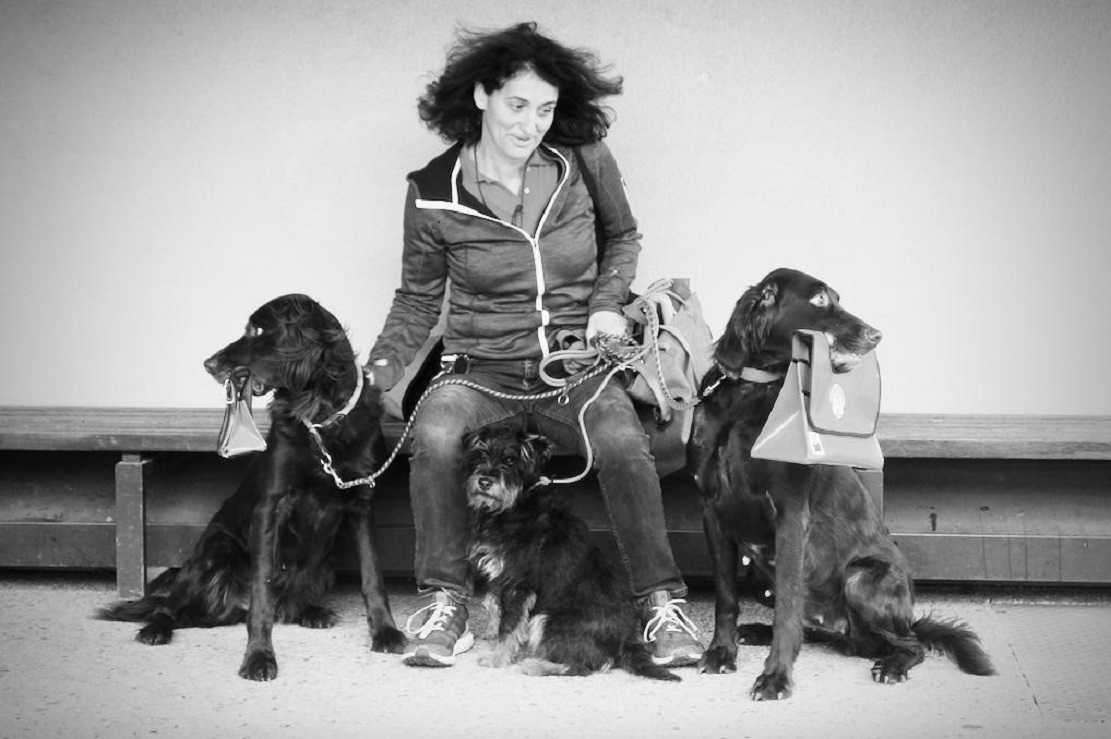The university certificate course takes place in a combination of online events, face-to-face and self-study units:
In the online events, the theoretical foundation courses of animal-assisted work are taught by lecturers from a wide range of specialist areas. The first event is scheduled to take place in person at the university to allow students to get to know each other personally.
During thetwo practical weeks and the additional extended practical weekend, participants gain intensive experience and learn about educational and therapeutic work with different animal species in practice. They exchange ideas in the group and network with other participants. In the self-study phases, participants deepen the content taught and expand their knowledge of animal-assisted interventions through literature study and self-reflection.
In addition, participants complete an internship, which enables them to apply the training content directly in practical application and expand their own skills. The preparation of a term paper serves the individual advanced course of what has been learned, taking into account the quality criteria of scientific work. The term paper is supervised by the course director, Prof. Dr. Leonina Gina Kaestele.
The combination of online events, practical phases and self-study phases makes it possible to complete the comprehensive continuing education program within 12 months.
The curriculum and further information can be found in the brochure and in the download area.


















